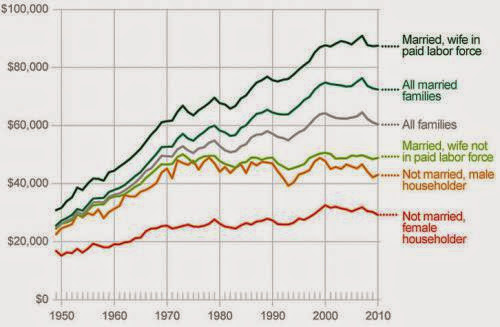
My rating: 4 of 5 stars
Any serious student of the Bible realized that the Ancient Israelite Religion has it's roots in the Pagan religion of the Near East. Yet if I were a fundamentalist Jew or Christian this book would not convince me.
The book starts out identifying the three patriarch of the Bible and describing them as mighty brings as opposed to tribes or gods. They were also situated in different areas of Canaan. More over each of their gods has a different name For Abrahan it is El Eliyon and for Isac his god is called "The Dread of Isaac"and for Jacob it is called " The Might of Jacob". I agree that the Old Testament God might be a fusion of different deities but the example he sites here could well be different titles for the same god. The use of El pertains to God.
There are different strands of the Bible. There is the Priestly strand, there is the J strand, E Strand and the prophet. Each set of authors had a different perspective and name for god. The first part of Genesis calls god Elohim, the J calls him Yahweh.
The bible was put together during the Babylonian exile and was used to promote a monotheistic god who was kind, loving and wise. The first Israelite were polytheistic or at least henotheistic.
Philip West subscribed to the view that the Israelite left Egypt and became acquainted with Yahweh, the Midian storm god of the desert. He controlled weather to get the Israelites out of Egypt.But at that time he was not alone. Examples of magic are used where on staffs turn to serpents and Moses holds up his hands to have his army be victorious. If his hand fall his army begins to lose. They also use a bronze image of a serpent to cure it'd venom. The circumcision ceremony may have bee protective magic.
Yahweh was a warrior, jealous and kind of mean. He demanded absolute obedience. Worship only him, no images which can control him. Magic was forbidden.
Their entry into Canaan was slow and gradual. Along the way they adopted many things from the Canaanites. Holidays, custom and building structure. Yahweh took on the characteristics Baal and El. They even took to worshipping Anat and Ashera. To stop worshipping those goddesses invited trouble.
David took on the zadokite / Camnanite priesthood upon conquering Jerusalem. Israel was polytheistic. As the Bible was redacted they borrowed elements from Babylonian mythos.
In the end a narrative was formed and it questionable how good monotheism was. After all it could kit examine suffering, took us away from nature and the feminine divine, magic and personal power are diminished.
There are some faults to this book. One is that the sources for theist part are studies on the Old Testament. Where are the sources on Pagan religions. There are also many theories regarding the Israelites he only focused on one. Biblical narrative Abraham came from Sumeria. This is not dealt with in he same seriousness as the
Exodus. Egyptian Pagan contributions are completely ignored.







